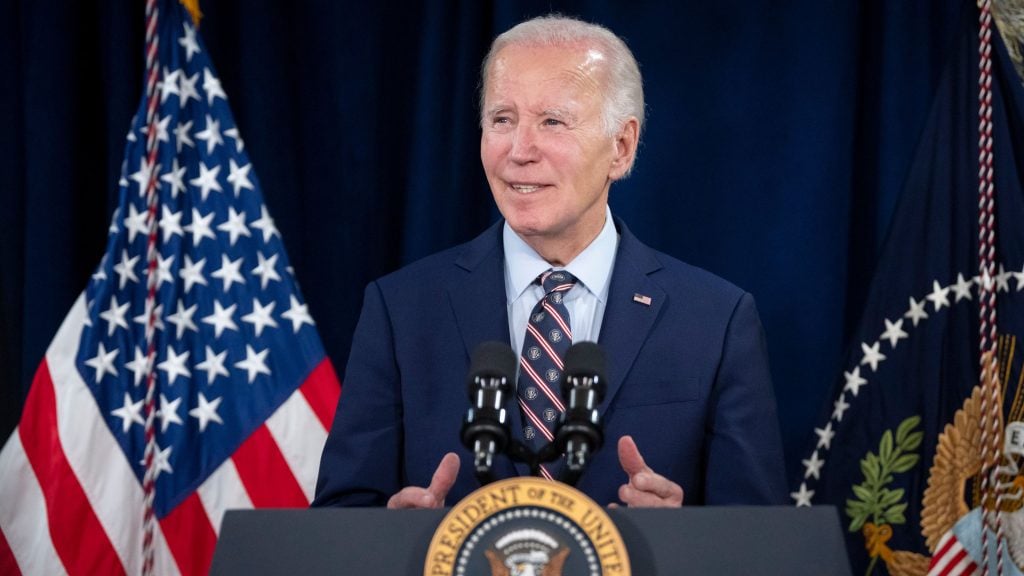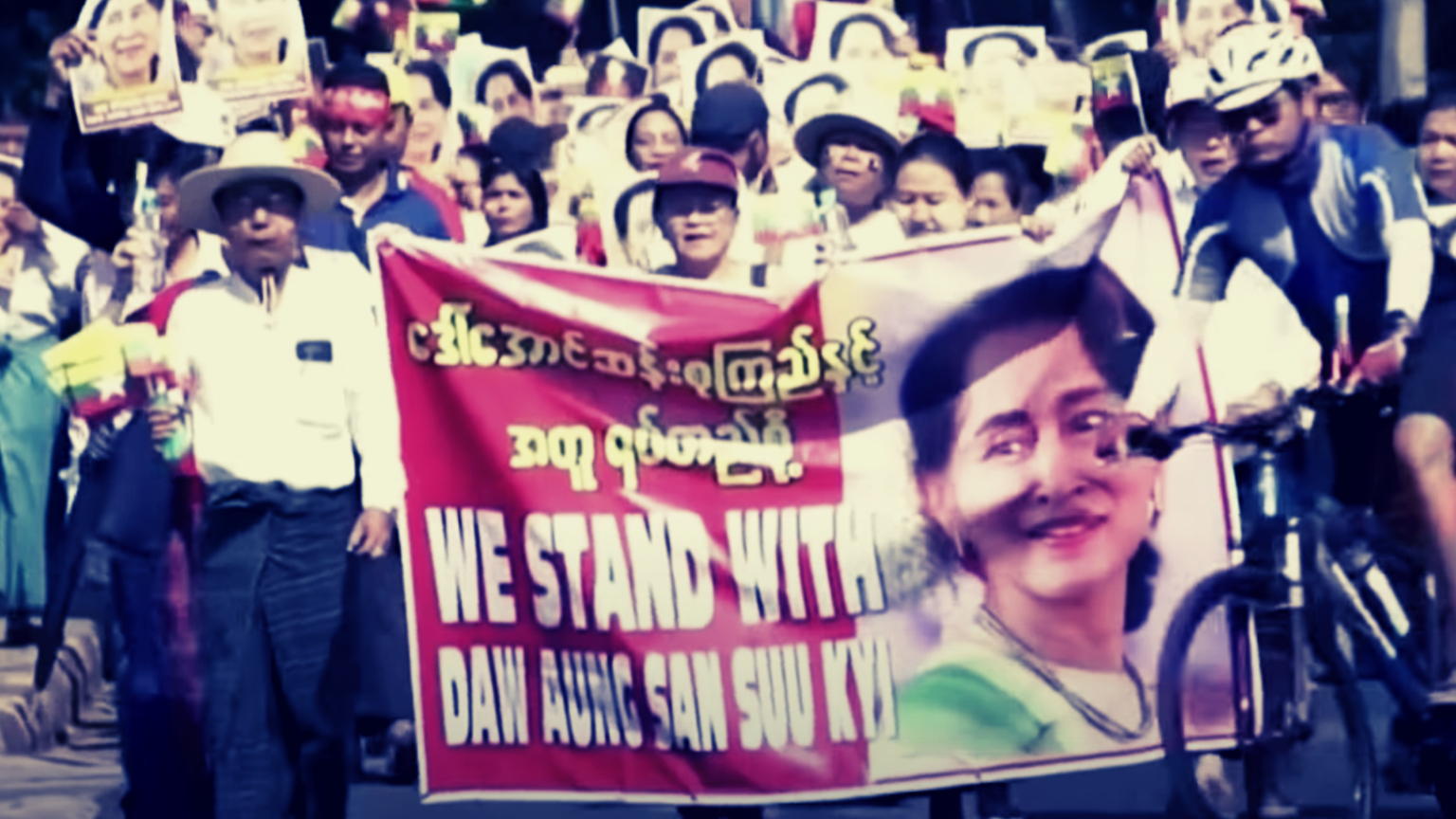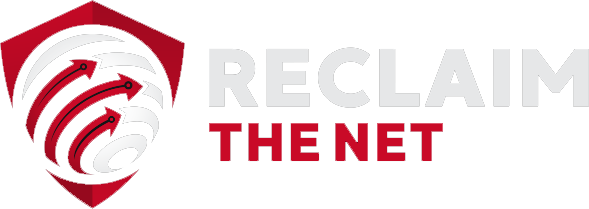

Dramatic political changes have affected the labels put on certain political and militant groups in Myanmar in the wake of the February coup in that country, leaving Facebook lagging behind with its censorship policies.
Organizations like the Arakan Army (AA), who had been fighting government forces for years, finally got banned on Facebook in 2019 when Aung San Suu Kyi's National League for Democracy-led government declared the AA a terrorist group.
But now, even some from that former government, as well as what are described as activists and pro-democracy figures all want Facebook to reverse the ban, since even the new, military authorities have removed the AA from the list of terrorist organizations (apparently as a political ploy to drive a wedge between the opposition), while the national unity government (NUG) doesn't consider ethnic armed organizations (EAOs) to be that any longer, either.
Neither of these new governments is still recognized as legitimate, and Facebook is yet to offer any comment on the situation, but the NUG representatives have been urging it to reinstate those previously considered to be terrorists - since they are all now fighting against the military government that took over several months ago.
…

Become a Member and Keep Reading…
Reclaim your digital freedom. Get the latest on censorship, cancel culture, and surveillance, and learn how to fight back.
Already a supporter? Sign In.